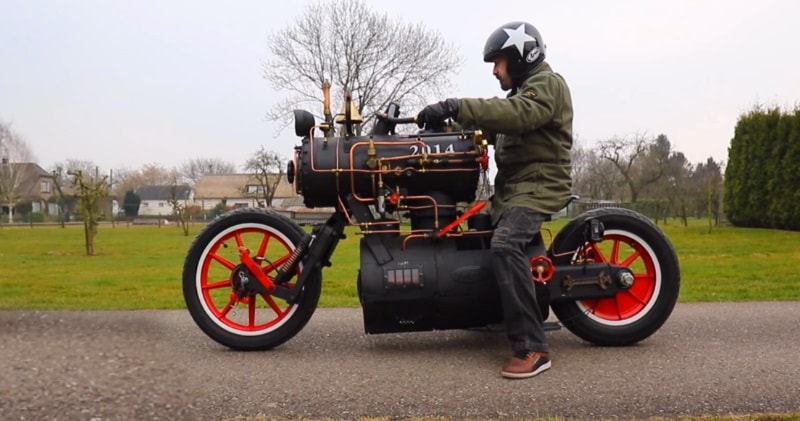If it wasn't for the babbitt bearings
WAIT WHAT??
You have a 2T motor with babbitt mains? How does that work?
I don't know if a modern oil injected or 4 stroke motor would fit under a vintage cover.
Not yet. Probably not enough market, but 100% doable.
Here's a electric small block
This Canadian is building the world’s first electric small-block Chevy V8
Seems to me boats would be fairly simple. Vintage outboards are not small. You could get enough electric motor inside a set old 20HP cases without much drama. Inboards you just hide the electric motor, just like the ICE motor it replaces, remove any ballast and fill the bilge with batteries.
Motorcycles are a problem as there's no where to hide the electric stuff.
You can "modernize" an old 2T, by closing up tolerances, setting the squish to something realistic, better pipe and ideally adding reed valves, and if you run a modern synth oil you can safely run 50:1
Ceramic, and before that chrome, cylinder walls seal better and have much better heat transfer, but don't take much abuse.
Why not dump trucks and city delivery trucks instead of the tractor trailer market?
Everybody is building a delivery and short haul truck, the technology is more mature because it is borrowed from electric buses, which have been around always.
The Tesla was the first semi with range. Still not enough range though, particularly at the price, $180,000USD for the 500mile range model.
To be successful the thing would have to go 24/7. A tesla won't do that. If you had a set run of 450 mile with a 4-6 hr loading time at each end, PERFECT! ...but long haul don't work like that.

















